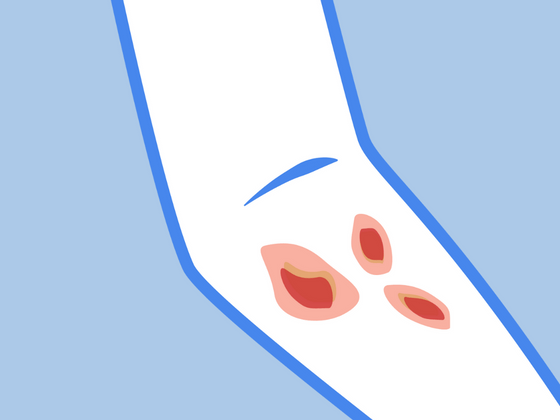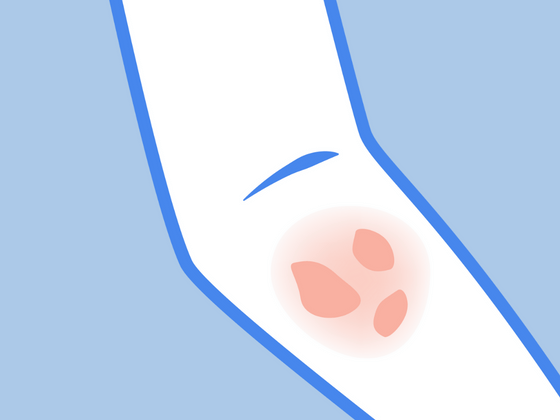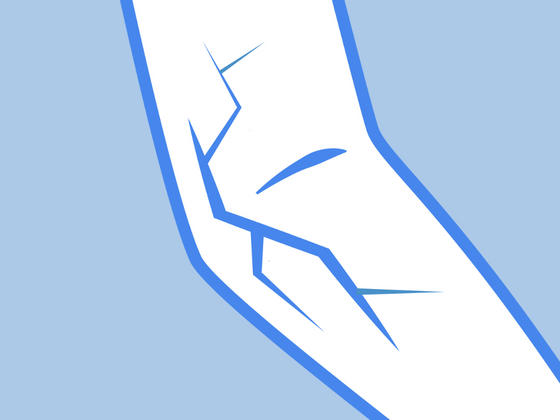Blog

eczema
Can You Mix Makeup and Eczema?
If you suffer from eczema, it can be tempting to want to cover up flare-ups with layers of concealer or foundation. But do make-up and eczema mix?
Read on to discover our best tips and tricks for c...

eczema
The Connection Between Eczema and The Microbiome
Though they may be small in size, bacteria plays a significant role in the overall health of our skin. While mentioning “bacteria” may initially bring skin infections and disease to skin infections...

eczema
Zinc for Eczema: Is it Helpful?
Eczema is an auto-immune disease characterized by inflammation of the skin. Affecting 10-20 percent of the population, its prime symptoms include redness, swelling, patches of dry skin, and extreme...

eczema
Are Eczema and Asthma really Related?
Many people who experience eczema also develop asthma. This begs the question: are eczema and asthma somehow related, and if so, what does this mean for sufferers?
In this post, we’ll explore the c...

eczema
Managing Eczema and Insomnia
Getting a good night’s sleep is essential for anyone’s health and mental well-being. Unfortunately, when you suffer from eczema, it can be hard to get the recommended 7-8 hours of rest. Eczema tend...

eczema
How to Wash Hands with Eczema
With the global spread of COVID-19, the importance of hand hygiene is more important than ever. In fact, The World Health Organization (WHO) and Centers for Disease Control and Prevention (CDC) are...
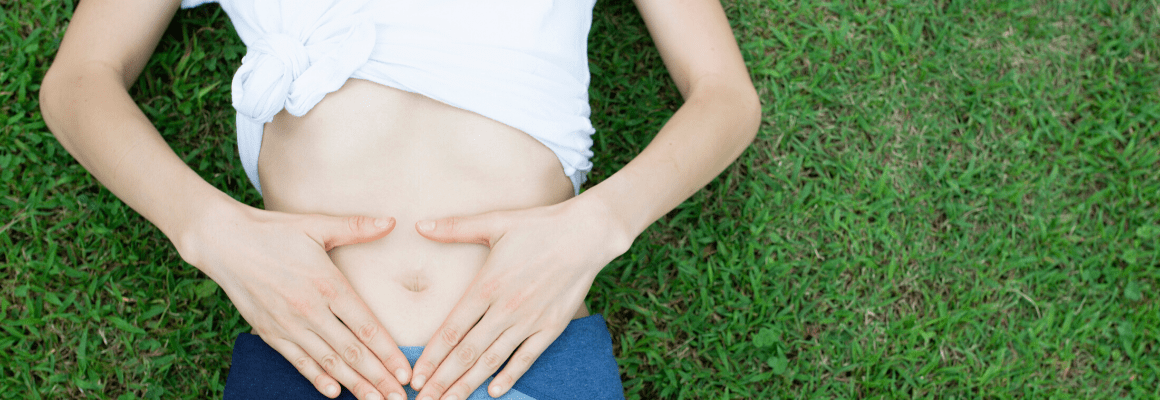
eczema
The Connection Between Eczema and Leaky Gut
If you suffer from the itchy skin condition known as eczema, you’ve probably tried a variety of different creams (and perhaps even topical steroids) to find relief. A chronic condition, there is sa...
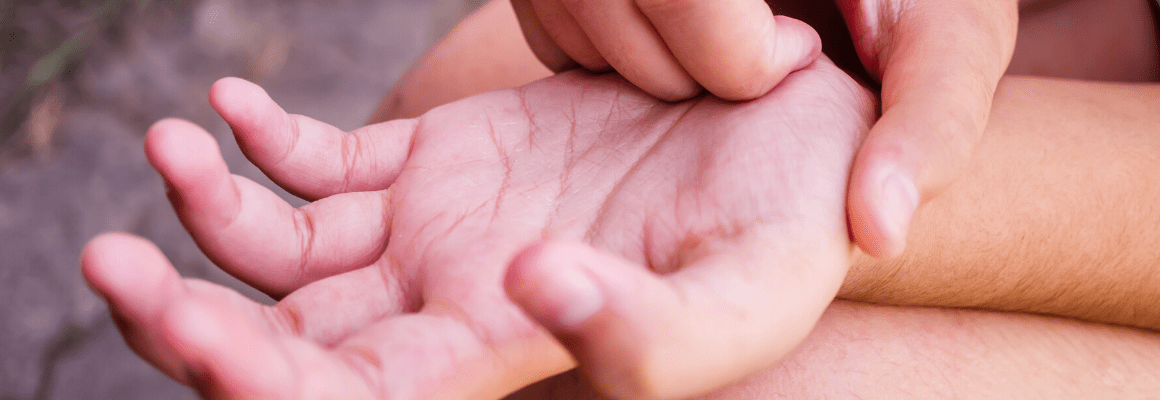
eczema
How to Naturally Heal Eczema on Palms
Do you suffer from eczema on your palms? Characterized by red, inflamed and swollen skin (and sometimes accompanied by blisters) palm eczema is an uncomfortable condition that can have a great impa...
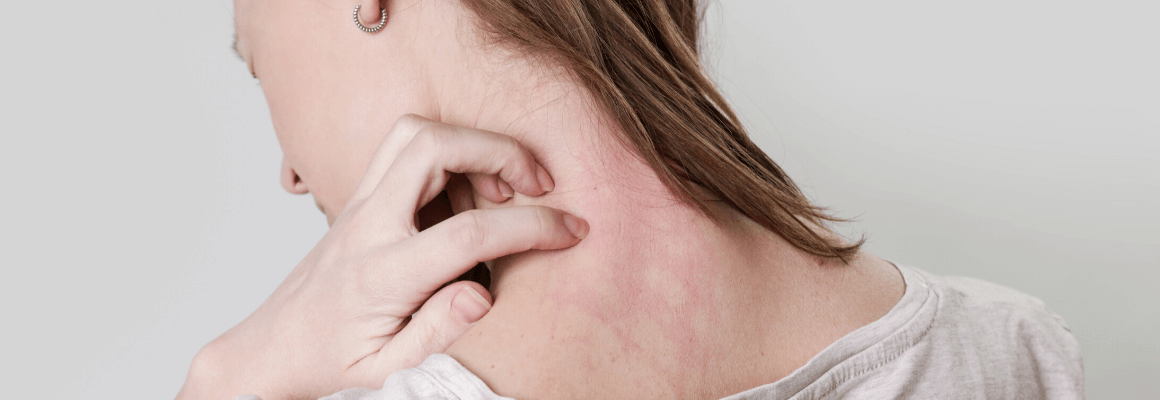
eczema
5 Ways to Treat Eczema on Neck Naturally
Eczema is an inflammatory skin condition affecting over 30 million people in the United States alone. There are several different types of eczema, including atopic eczema, contact dermatitis, and d...

